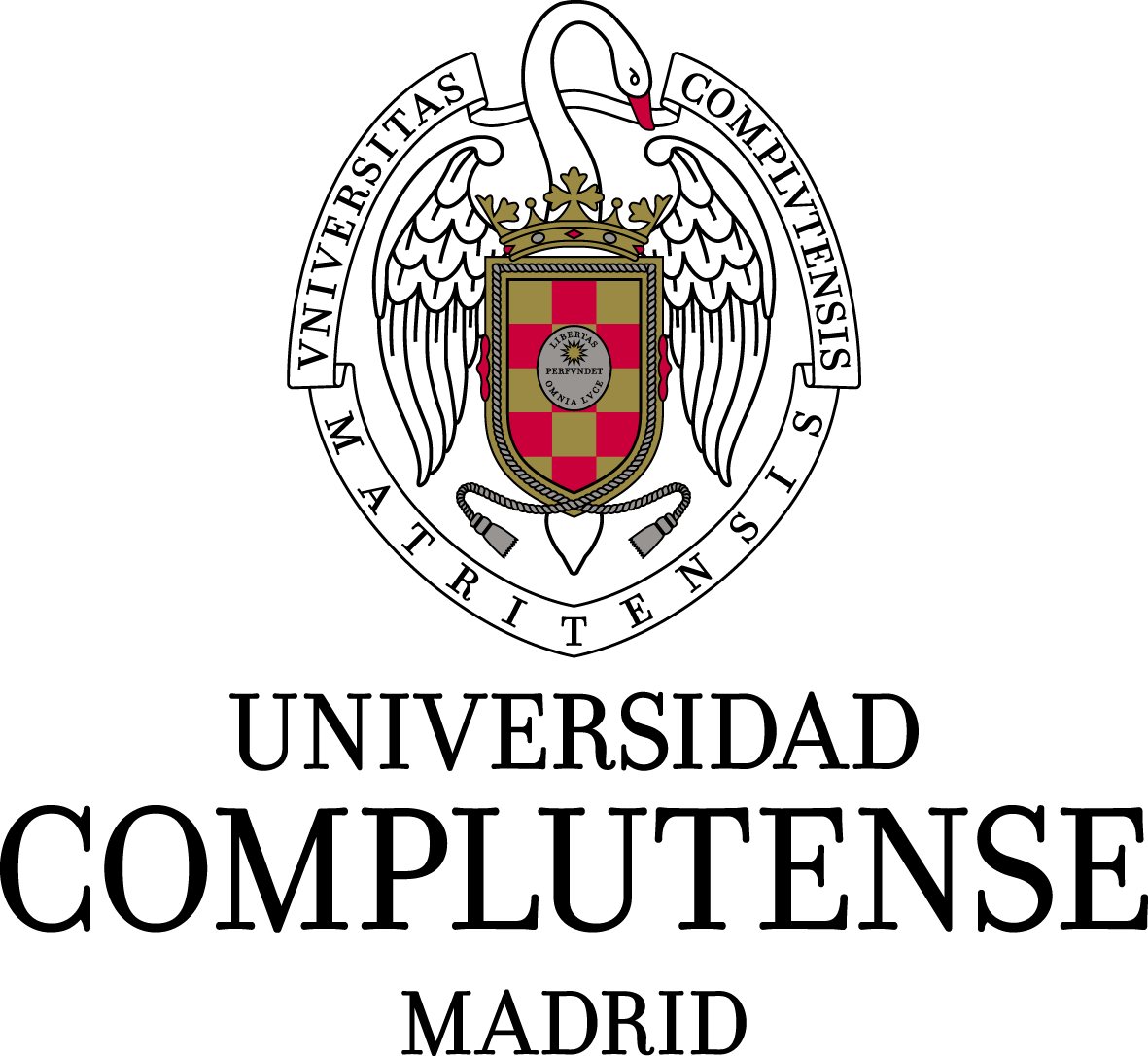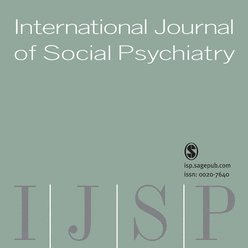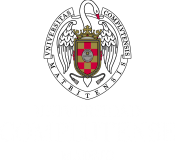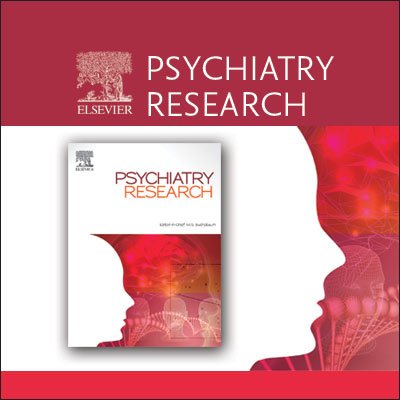
Autores:
Muñoz, M., Sanz, M., Pérez-Santos, E., & de los Ángeles Quiroga, M.
Proposal of a socio–cognitive–behavioral structural equation model of internalized stigma in people with severe and persistent mental illness
The social stigma of mental illness has received much attention in recent years and its effects on diverse variables such as psychiatric symptoms, social functioning, self-esteem, self-efficacy, quality of life, and social integration are well established. However, internalized stigma in people with severe and persistent mental illness has not received the same attention. The aim of the present work was to study the relationships between the principal variables involved in the functioning of internalized stigma (sociodemographic and clinical variables, social stigma, psychosocial functioning, recovery expectations, empowerment, and discrimination experiences) in a sample of people with severe and persistent mental illness (N = 108). The main characteristics of the sample and the differences between groups with high and low internalized stigma were analyzed, a correlation analysis of the variables was performed, and a structural equation model, integrating variables of social, cognitive, and behavioral content, was proposed and tested. The results indicate the relationships among social stigma, discrimination experiences, recovery expectation, and internalized stigma and their role in the psychosocial and behavioral outcomes in schizophrenia spectrum disorders.
Muñoz, M., Sanz, M., Pérez-Santos, E., & de los Ángeles Quiroga, M. (2011). Proposal of a socio–cognitive–behavioral structural equation model of internalized stigma in people with severe and persistent mental illness. Psychiatry Research, 186(2-3), 402-408. doi: https://doi.org/10.1016/j.psychres.2010.06.019

